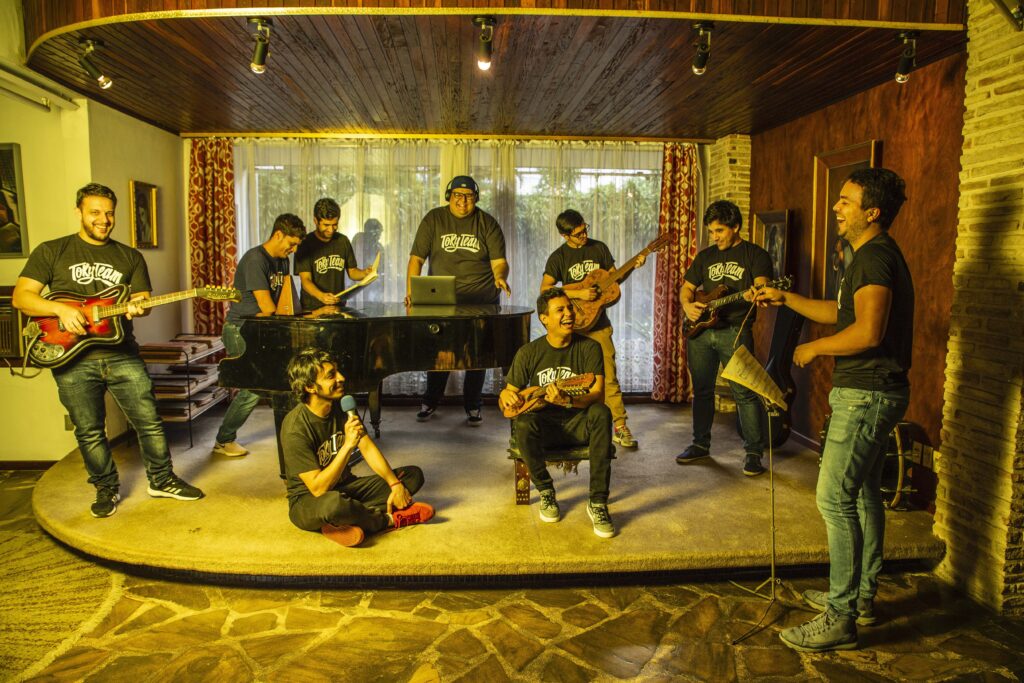Throughout the years I learned that people will only listen to what you have to say if your reputation—or the perception they have of said reputation—matches what they consider to be within the scope of their definition of success.
I believe there are some things that are universally accepted as being part of achieving success but many things that people think define a successful person are highly dependent on external factors like beliefs, geography, age, and access to opportunities.
In my own experience, my definition of success matched that of the “American Dream” as crazy as that may sound. I’m not even from the United States, I didn’t really speak English until the 2010s, and the first time I visited the country was in 2014.
It was hard for me to realize I needed to find my own definition of success if I ever wanted to get out of that constant feeling of being an underachiever.
I noticed that I was often comparing myself to people in the startup scene that were clearly more achieving than I was (or I will ever be) and feeling terrible in consequence because I knew I couldn’t possibly get to their level even if I worked 20-hours workdays.
I don’t remember the day it happened when I turned that sensation of feeling less into inspiration for wanting to achieve more. I stopped comparing myself to others and I started competing against myself only.
That didn’t mean I didn’t have role models anymore or that I didn’t check out on other founders from time to time. What it means is that I have a direction of where I want to be in my life and sometimes that direction coincides with where other people are, so I follow them to try to learn from them, but I no longer feel disappointed that I’m so far behind and I am fine with the thought of me potentially never getting there in my lifetime.
I learned that success means different things for many people. Mine keeps morphing but I noticed that a few things are always around: family, health, happiness, and money.
Financial freedom, a.k.a. having money, is one of those things that everyone pursues and it’s often used as a synonym of being successful.
I want financial freedom and I always wanted it—I don’t think there’s anything inherently wrong with it—but it quickly becomes worthless if you have to sacrifice your health, family or happiness in order to get it. See the point?
I believe being well–off financially is a byproduct of doing other things well in life, maybe by starting a business you are passionate about, maybe by doing a job really well because you love it. Maybe our focus should be on finding that passion instead of blindly following money while we wreck other things in our life that are obviously more important.
There’s a saying that really touched me that was brought to me thanks to @naval:
A healthy man wants 10,000 things, a sick man only wants one thing.
Confucius?
This saying is 2,500 years old. I don’t think there’s a better reminder than this to sit down and reconsider your priorities regularly.


